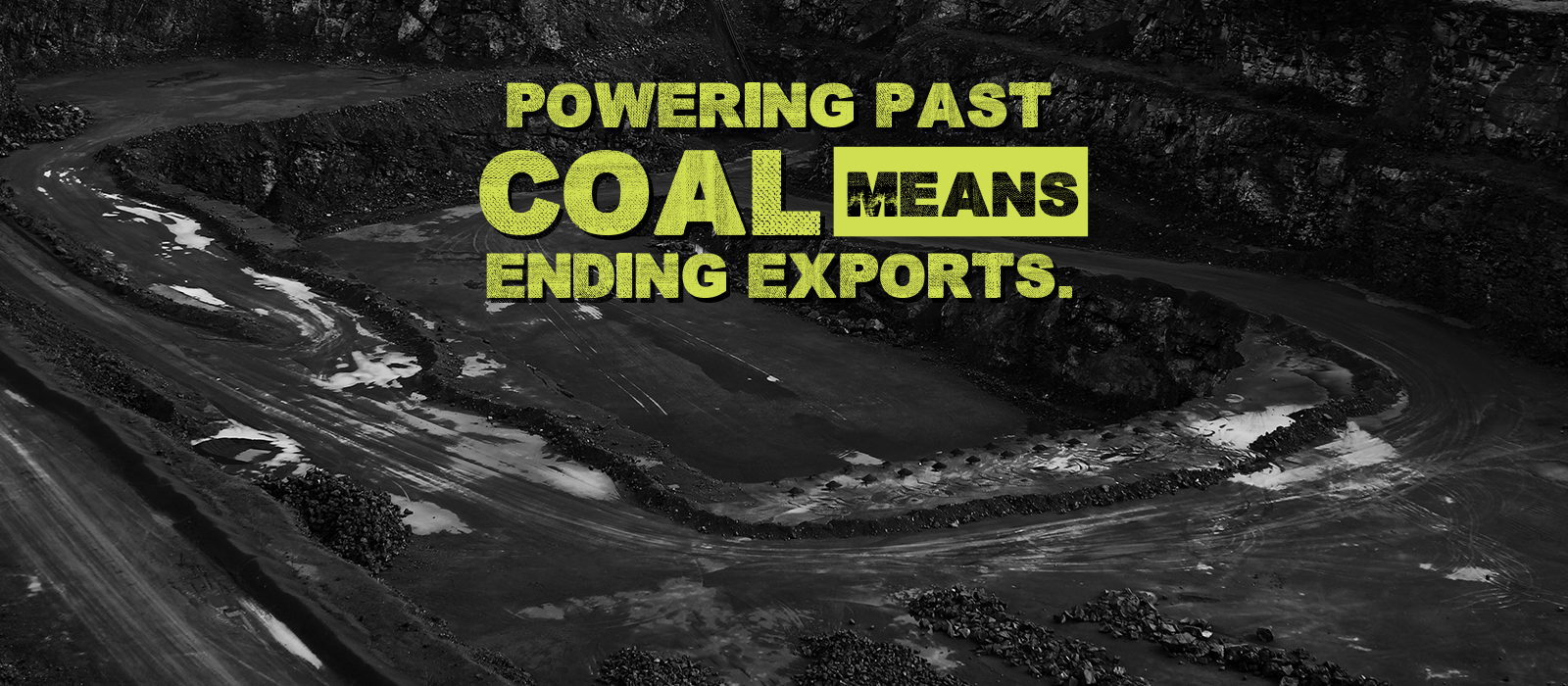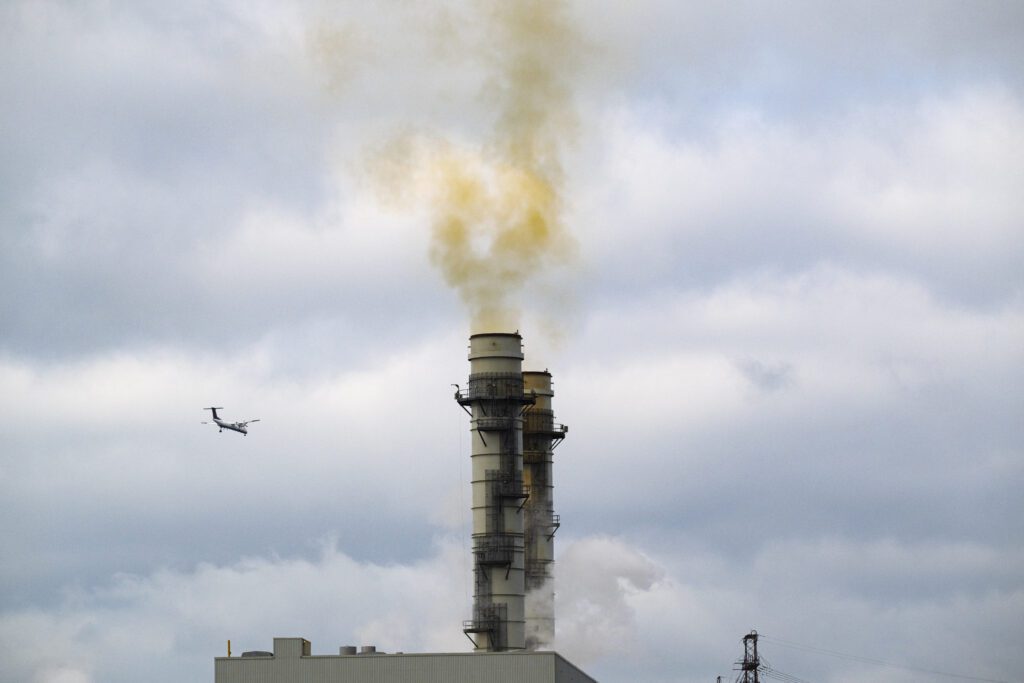Is this another case of hazardous hypocrisy?
A decade ago, Canada was justifiably called out on the world stage for our hypocrisy on asbestos. At the time, according to the World Health Organization, 100,000 people died each year from asbestos-related diseases. While deemed too dangerous for domestic use, Canada continued to export the mineral globally – 150,000 tonnes of it annually – chiefly to developing countries including India, Indonesia and the Philippines. At the same time as workers in hazmat suits were removing the carcinogenic material from Parliament buildings, the government of Canada actively engaged in the promotion of asbestos to countries with little or no protection for workers or exposed populations.
Not only was Canada continuing to market asbestos, the government was actively blocking the addition of asbestos to a United Nations hazardous industrial chemicals treaty. The Rotterdam Convention would have warned importing countries about the links between asbestos and cancer. So industry pushed back, and Canada blocked the addition to the list.
And now, exactly a decade later, we’re experiencing deja vu, as we host the first global Powering Past Coal summit this week.
“Phasing out coal power is good news for the climate, for our health, and for our kids.”
Those were the words of former Environment Minister Catherine McKenna in 2017 as the governments of Canada and the United Kingdom co-founded the Powering Past Coal Alliance with the mission to advance the transition away from coal power generation. And Minister McKenna was absolutely correct. The year before, when the Government of Canada had announced that Canada would be phasing out coal-fired electricity by 2030, it noted that the benefits include 260 avoided deaths, 40,000 fewer asthma episodes and 190,000 fewer days of breathing difficulty for Canadians across the country every year.
Thermal coal is the dirtiest fossil fuel. It is devastating to human health and the environment. As the source of 30% of worldwide greenhouse gas emissions, it is the single largest contributor to global temperature rise. Burning coal is responsible for 800,000 deaths globally each year. Coal-fired power plants produce unmatched volumes of harmful airborne toxins and air pollutants, like sulphur dioxides and mercury.
The Power Past Coal Alliance is supposed to go beyond Canada and the U.K. just doing their own part, but also playing a role in accelerating the international transition from burning coal to using cleaner power sources – improving both global health and fighting climate change. Canada even committed up to $275 million to assist developing countries in Asia to convert to clean energy from coal.
The hitch, however, is that Canada not only continues to mine for thermal coal, but also has North America’s largest coal port. Canada’s thermal coal exports produce roughly 40 million tonnes a year of carbon – the equivalent of eight million cars.
So once again Canada is in the hypocritical position of phasing out a harmful product domestically – because ending coal-fired electricity means cleaner air and healthier communities – yet shipping it abroad to countries less equipped to deal with the consequences.
In fact, over half the thermal coal shipped from Canadian ports was actually mined in the United States – because coastal US states have repeatedly declined to ship coal due to environmental concerns. So the coal industry has found a willing partner in Canada to ship the coal that is too dirty for Americans to ship themselves – without any levies or tariffs. Instead Canadian communities near the port and transportation routes have to deal with the impacts – like airborne coal dust, which is linked to respiratory illnesses. And from there, Canada exports those health issues to the world.
With asbestos, eventually Canada reversed course and exports ceased. The last asbestos mine closed in 2011 – exactly a decade ago.
To the government’s credit, it has publicly acknowledged its current hypocrisy. Last year, Environment Minister Jonathan Wilkinson stated that ”Canadians expect us to look at whether or not we should continue to export thermal coal at a time when we’re telling other governments that they shouldn’t be using it.” If we aren’t okay with burning coal in Canada, we shouldn’t feed coal consumption overseas.
So this week, as the government of Canada hosts the world’s first Powering Past Coal Alliance global summit, our political leaders should think about what we’ve learned in the last ten years. With the eyes of the world on us, we have an important opportunity. Canada can actually be a leader when it comes to coal – but we must end the mining and export of coal.








